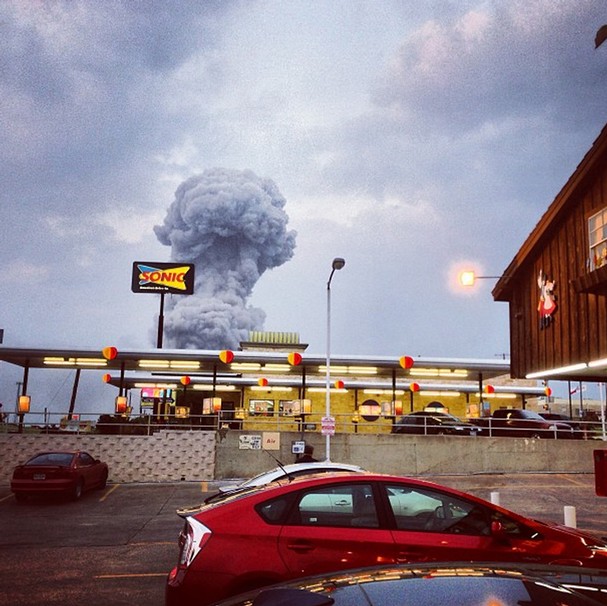
West, Texas, has raised about $550,000 in support for relief efforts after the fertilizer plant explosion there. Boston has received more than $30 million to help with recovery from the Boston Marathon bombing.
The juxtaposition of these two tragedies – so similar in timing and the amount of human suffering they have caused – is a stark example of the difference in charitable response to metropolitan and rural need.
In today’s Daily Yonder, Rick Cohen has a report on the philanthropic response to events in West and Boston: “West, Texas: Across the Philanthropic Divide.” It’s a detailed look at the combination of factors that creates a well documented gap in philanthropic investment.
Rick is an important part of the June meeting of the National Rural Assembly. On the second day of the event, he’ll lead a plenary session on “The State of Rural Philanthropy.” I’m certain the example of West and Boston will be part of that important discussion.
I encourage you to read Rick’s article and, equally as important, share it within your networks.







